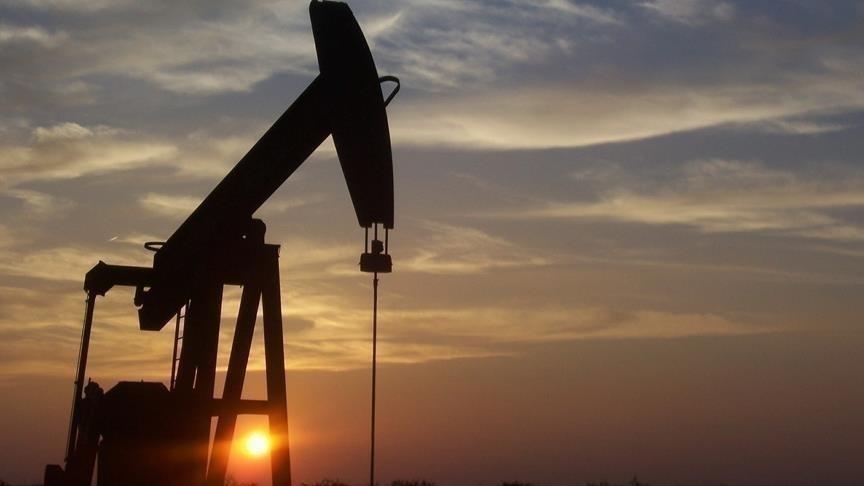Oil prices rose on Tuesday amid ongoing cease-fire negotiations in Gaza and the Israeli military’s assault on the Palestinian side of the Rafah border crossing.
International benchmark Brent crude traded at $83.42 per barrel at 10.28 a.m. local time (0728GMT), an increase of 1.32% from the closing price of $82.33 per barrel in the previous trading session.
American benchmark West Texas Intermediate traded at $78.55 per barrel at the same time, a 0.09% rise from the previous session that closed at $78.48 per barrel.
Oil prices surged with heightened geopolitical tensions due to the Israeli military assault on the Palestinian side of the Rafah border crossing.
The Palestinian news agency WAFA reported that the Israeli army targeted buildings in the region with rockets.
These attacks weakened the prospects of a cease-fire in Gaza and raised concerns that the conflict in the region, which is home to most of the global oil reserves in the in the Middle East, could escalate further, supporting higher oil prices.
On Monday, Hamas said that it had accepted a Qatari-Egyptian proposal for a Gaza cease-fire. Hamas chief Ismail Haniyeh conveyed his group’s approval of the proposal during phone calls with Qatari Prime Minister Sheikh Mohammed bin Abdulrahman Al Thani and Egyptian Intelligence Chief Abbas Kamel.
After Hamas announced its approval of the Qatar and Egypt-brokered ceasefire proposal, the Israeli War Cabinet decided to continue attacks in Rafah.
Meanwhile, the strengthening of the of the US dollar against other currencies limited upward price momentum. The US dollar index, which registered at 105.26 at 09.07 a.m. local time (0607GMT), is making oil more expensive for other currency-holding traders, dampening demand.

Between mid-October and end of March, over half of WHO missions denied, delayed, impeded, or postponed, says WHO representative

 Netanyahu’s Residence Targeted in Another Attack
Netanyahu’s Residence Targeted in Another Attack Russia Halts Gas Supplies to Austria, Marking a Shift in European Energy Relations
Russia Halts Gas Supplies to Austria, Marking a Shift in European Energy Relations Israel Conducts Midnight Airstrikes on Southern Beirut
Israel Conducts Midnight Airstrikes on Southern Beirut Trump Appoints Tom Homan as Border Security Chief and Elise Stefanik as UN Ambassador
Trump Appoints Tom Homan as Border Security Chief and Elise Stefanik as UN Ambassador